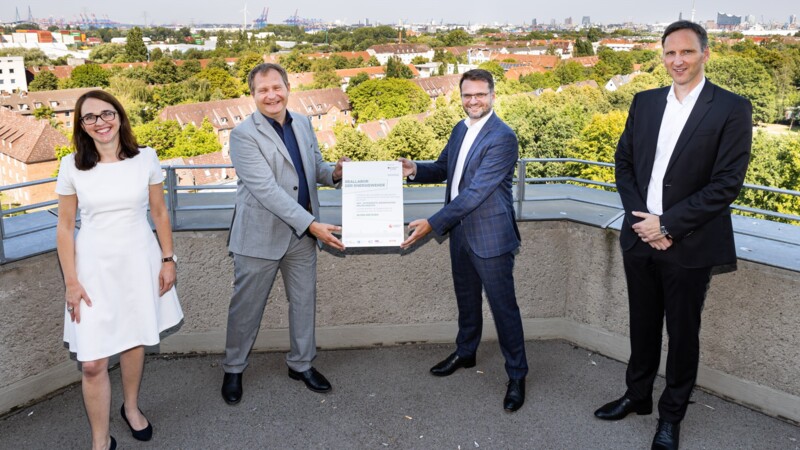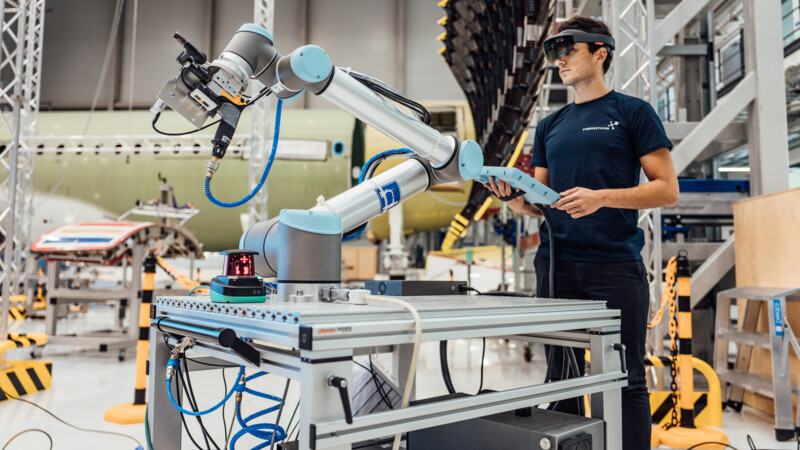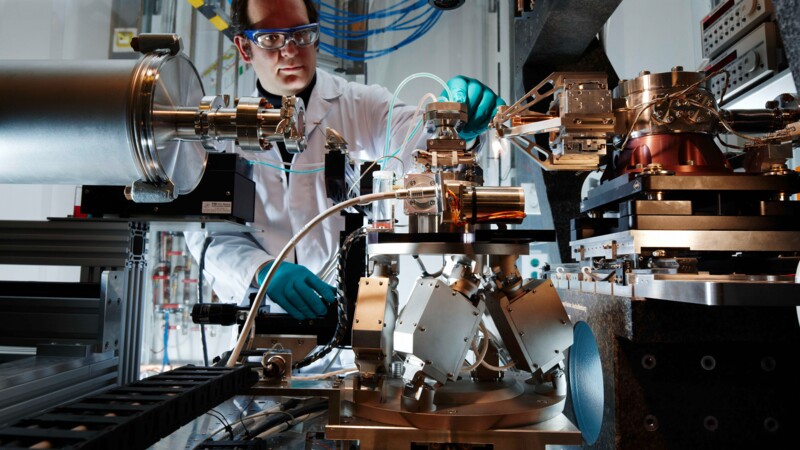The ERC awards the Starting Grants to outstanding upcoming scientists who gained their doctorates between two and at most seven years ago. Through the grant, they will have the opportunity to implement innovative programmes in basic research. The funding amounts to up to 1.5 million euros per project over a period of five years.
Professor Michael Filarsky is conducting research into the question: What are the factors controlling the adaptation of the malaria parasite? Around half a million people die from malaria annually, which is seen as the most common infectious disease is the world. There is as yet no effective vaccine for the disease, and because the highly adaptive malaria parasite has evolved resistance to most medications, it is increasingly difficult to treat. In the project “Mal Switch”, the assistant professor, who also works at the Centre for Structural System Biology (CSSB) in Science City Hamburg-Bahrenfeld, is working on the as yet not fully understood molecular mechanisms in the parasite’s reproduction cycle.



